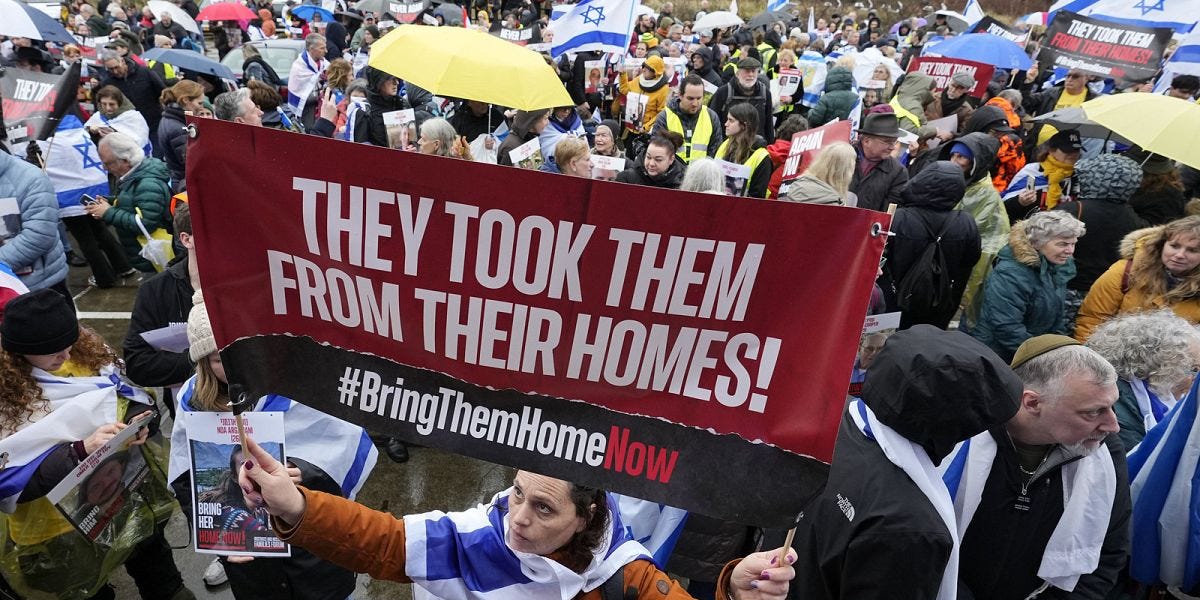Stucky
Superstar
- Joined
- May 17, 2020
- Messages
- 6,077

Hezbollah drone hits Netanyahu's home as rocket barrage pummels Haifa
The Lebanese resistance movement launched a barrage of 55 rockets at targets in Israel this morning





 www.commondreams.org
www.commondreams.org
I saw the video by Lebanese war correspondent Ali Mortada passing commentary on same footage in his amusing Arabic accent "it "passeded" him,maybe netanyahu should look into it, just saying" lol. He is really charming when he makes fun of diaper army "Hello my enemies, may you have a very bad day"
Hamas was formed when Israel killed the Palestinian people in various wars (for example Sabra and Shatila massacre was 1982, Hamas was founded 1987)Are you saying we need more Hamas martyrs? That would be glorious, and something we can finally agree on. If you want the war to end, the best hope is to martyr all leadership of Hamas.

The one you are replying to knows and reads everything, but still a zi0 and there is no point in interacting with retards. It's an insult to mentally retarded actually.Hamas was formed when Israel killed the Palestinian people in various wars (for example Sabra and Shatila massacre was 1982, Hamas was founded 1987)
